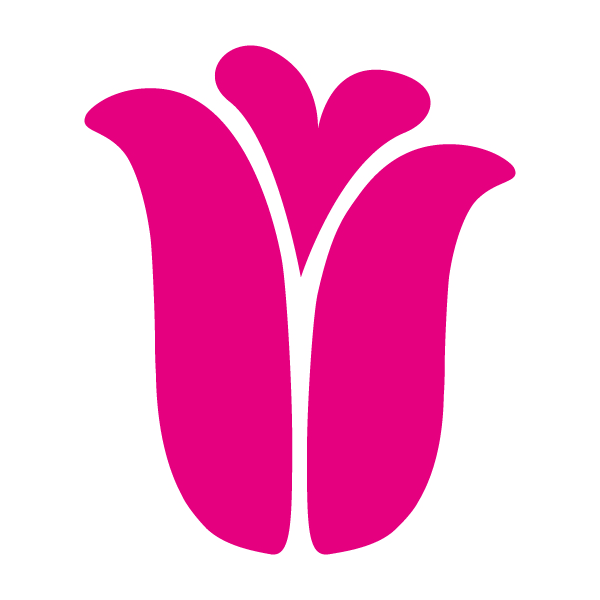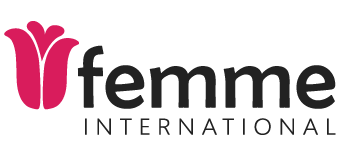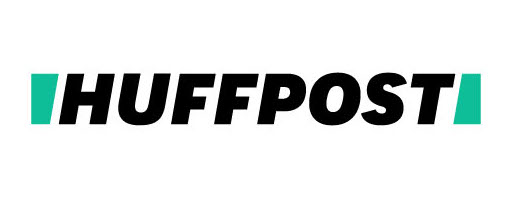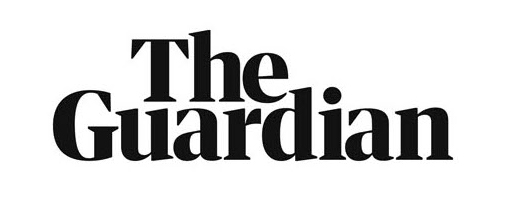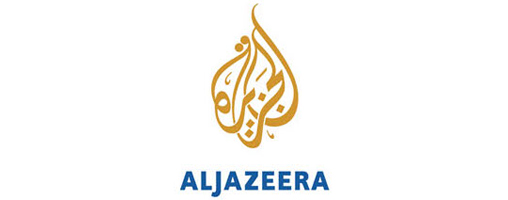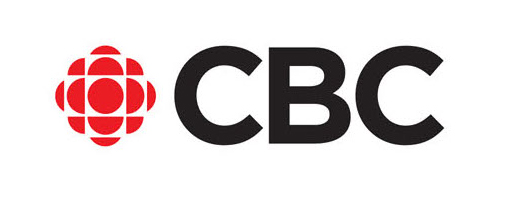The Story of Femme International
Femme International was founded in 2013 by Sabrina Rubli and Ornella Marinic, while they were studying at Humber College in Toronto, Canada. While researching how women and girls managed their periods in refugee and conflict settings, they realized that there was a major gap both in available research, and solutions to a problem that affected half the population.
Sabrina and Ornella, with the help of Rachael Ouko in Nairobi, decided to investigate the issue further, and Femme International was established. They traveled to Nairobi, Kenya to conduct a rapid Needs Assessment in Nairobi’s Mathare Slum. With the results of this initial analysis, they developed the first version of the Twaweza Initiative – using health education alongside the distribution of sustainable menstrual products, to empower girls to feel confident, every day of the month.
Femme’s pilot project was with three schools in Mathare, where each girl participated in a comprehensive health education session discussing the menstrual cycle, and the entire reproductive system. Each girl received a Femme Kit, which included a Ruby Cup to help her manage her period in a safe and sustainable way. Initial results of the project were very successful, and the program expanded to more schools across Mathare, and collaborated with local organizations.
Since 2013, Femme has expanded to Tanzania, become a leader in menstrual health research, and trained organizations on the importance of addressing menstrual health across Africa.
Femme was built on the firm belief that no girl should be limited by her body, and access to health information is an essential step in women’s empowerment.
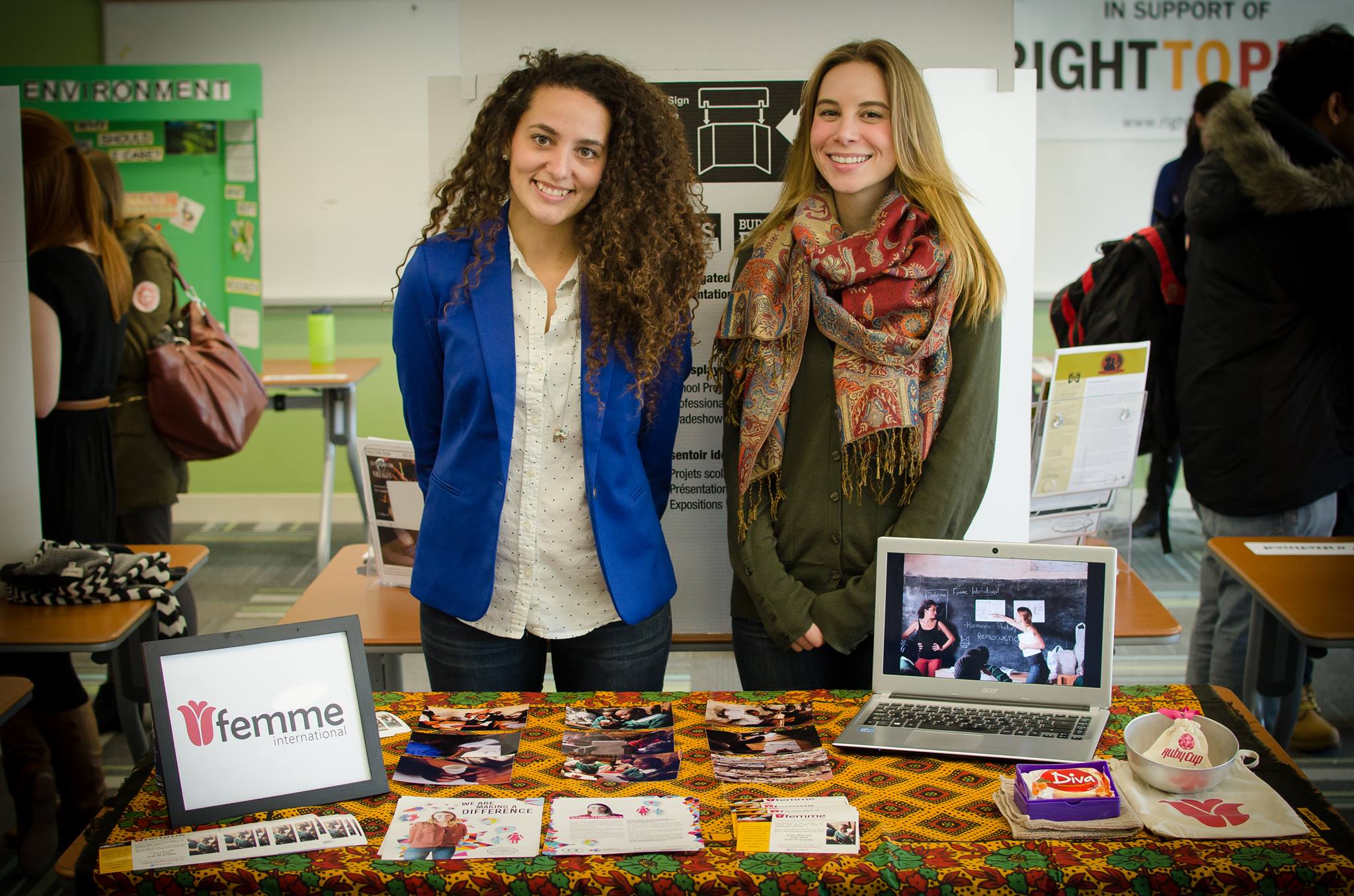
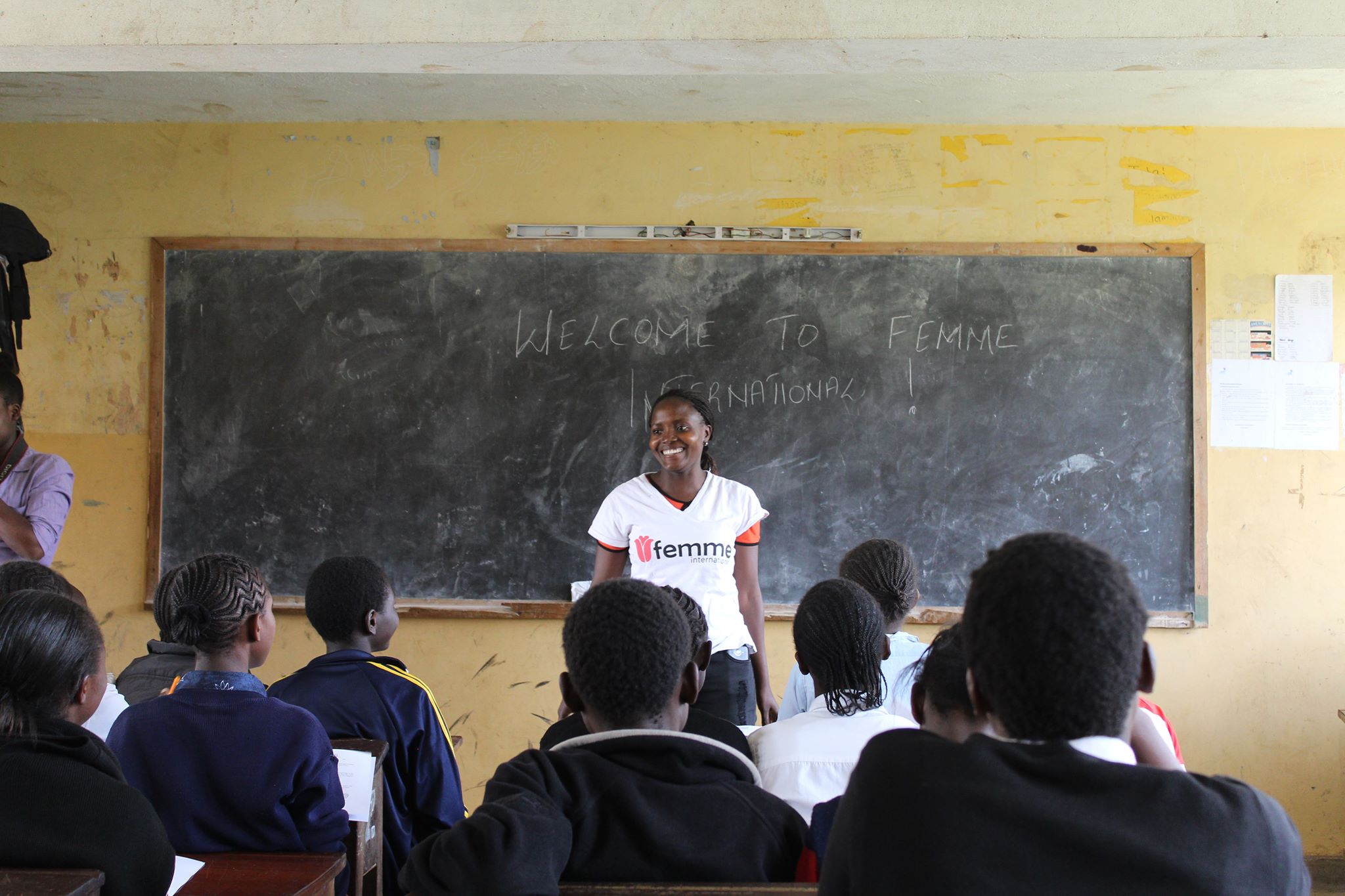
In 2014, Ornella Marinic and Sabrina Rubli were awarded the OCIC Global Changemakers Award for their work in founding Femme International. This award is given to exceptional young people working to make a difference in the world.
Watch this video to hear Ornella describe how, and why, they decided to address menstrual health, and how Femme International is making a difference in the lives of women and girls in East Africa. She describes the educational program they developed, the contents of a Femme Kit, and the importance of using education to break down the menstrual taboo.
